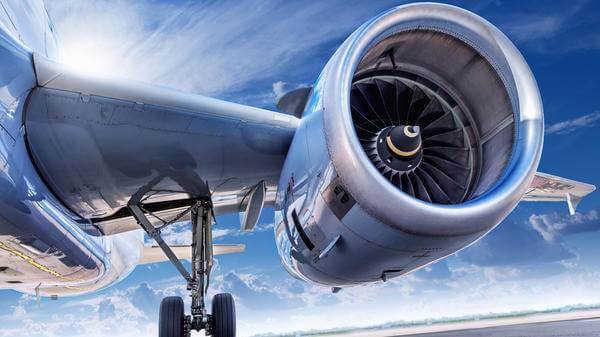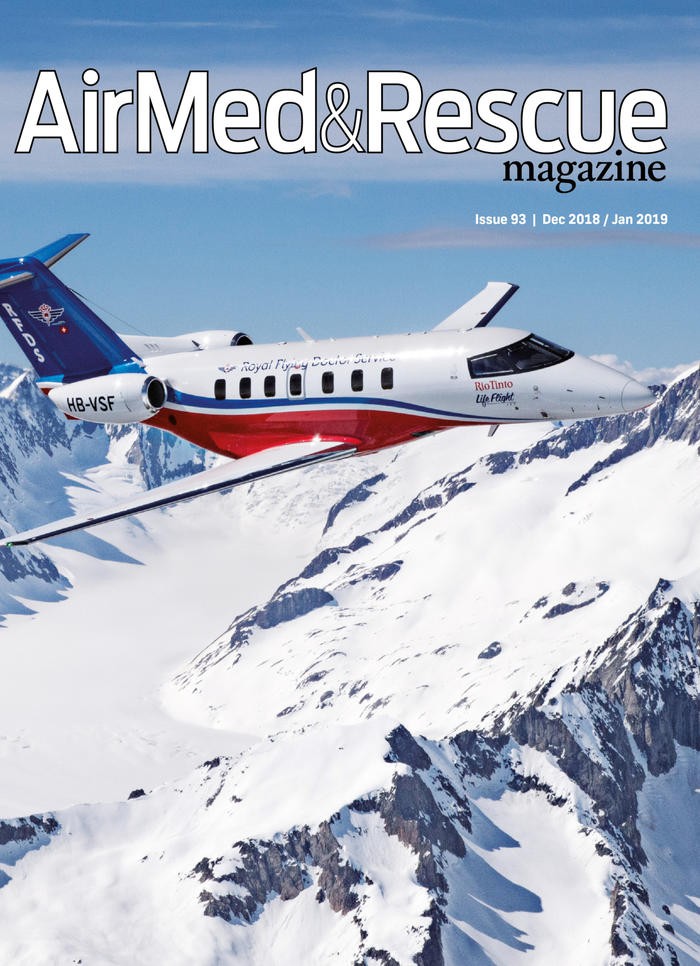CAMTS-CAMTS EU announces policy updates

Eileen Frazer, Executive Director of the Commission on Accreditation of Medical Transport System (CAMTS), reports on the latest changes to the accreditation body’s requirements
CAMTS and CAMTS EU policies are revised and updated on an annual basis and more frequently if needed. Recently, the policies addressing multiple sites and multiple programmes were revised to include further clarification of current practices.
All or None
In the ‘All or None’ policy, CAMTS and CAMTS EU require that a service offering rotor wing, fixed wing, and critical care ground services under one brand name must include all parts of the service in the accreditation process. This is required to avoid confusion for the public, who see all components operating under one brand name and advertising that they achieved CAMTS or CAMTS EU accreditation.

Dual Accreditation
Over the past five years, we have seen a significant increase in consolidation, mergers, and buyouts that not only affect the way medical transport services are offered, but also impact the way we conduct site visits. The Board of Directors of both organisations made some policy changes recently that address how large services with many bases apply for accreditation. The first is via ‘Dual Accreditation, CAMTS-CAMTS EU’, which has been developed for services that may have satellite bases in other countries or for services that do repatriation with long-range aircraft. It is also available to medical escort services. The standards are very similar, but CAMTS reflects current practices in North America while CAMTS EU reflects practices, government regulations and cultural differences in Europe and worldwide. Dual accreditation is a time and cost-saving way to be recognised with one process and one site visit. Currently, there are four dual CAMTS-CAMTS EU accredited services with several others applying for dual accreditation.

Special Operations
Accreditation standards have also been developed for Special Operations and accreditation for ‘Special Operations-Medical Retrieval’ is now available. Special Operations are services that provide medical care and potential medical transport that do not necessarily fit within the accreditation standards for an established medical transport service. Without degrading the integrity of these standards, specific criteria were developed for Special Operations-Medical Retrieval. These include tactical rescue or ‘SWAT’ call-outs and citizen recovery from potentially unstable environments. This First Edition, entitled ‘Special Operations-Medical Retrieval’, addresses search and rescue and citizen recovery operations that are often contracted by governments to assist with military and paramilitary operations in remote parts of the world. These teams are usually based in unstable and dangerous parts of the world, and much of the medical care is provided by ex-military personnel who have a different level of expertise. Compliance with the standards is always measured against the programme’s scope of service,
Compliance with the standards is always measured against the programme’s scope of service
which includes mode of transport, response times, number of patients transported simultaneously and any exceptions to the types of requests that are accepted.
Fees
Accreditation fees have also been revised for CAMTS EU programmes. CAMTS recognises there is much more standardisation among transport services outside of North America and therefore, large programmes with many aircraft that are often based closely together are not charged for each asset and may not require a site visit to each base.
Please see the CAMTS EU website
(www.camtseu.org) for all policies and policy changes. The policy manual is offered as a free download. Changes are highlighted and dated after each Board meeting. Policy 04.01 00 entitled Accreditation Actions-Types provides details regarding Dual Accreditation and Special Operations Accreditation. The fees for accreditations mentioned above can be found in Policy 04.05.00.

February 2019
Issue
In this issue:
Helipads and helidecks - Safety concerns driving innovation
Treating psychiatric patients - Sedation or restraint?
Treating gunshot wounds - The latest techniques and equipment
Industry Voice
CAMTS-CAMTS EU announces policy changes
Special Reports
Australia trials drones with HEMS functionality
ITIC Report
Royal College of Nursing Flight Nursing Workshop report
Provider Profile:FinnHEMS
Interview: Claudia Schmiedhuber, Founder and CEO of Alpine Health Consulting, and Interim Managing Director and Business Development Manager of the European Aero-Medical Institute (EURAMI)
Photo gallery
Clear Sky 2018 Ukraine
Eileen Frazer
Eileen Frazer, RN, CMTE, is the Executive Director of the Commission on Accreditation of Medical Transport Systems (CAMTS). Eileen is a former Chief Flight Nurse who served as the Safety Committee Chair for the Association of Air Medical Services and did the feasibility study in 1988 that led to the development of CAMTS. Eileen set up CAMTS as a non-profit corporation and wrote many of the policies and standards that guide the accreditation process.